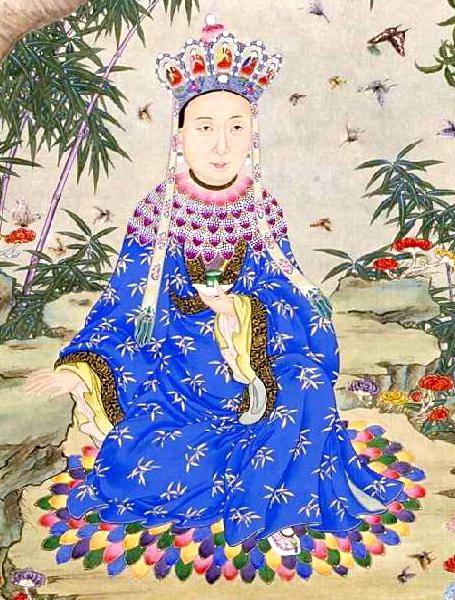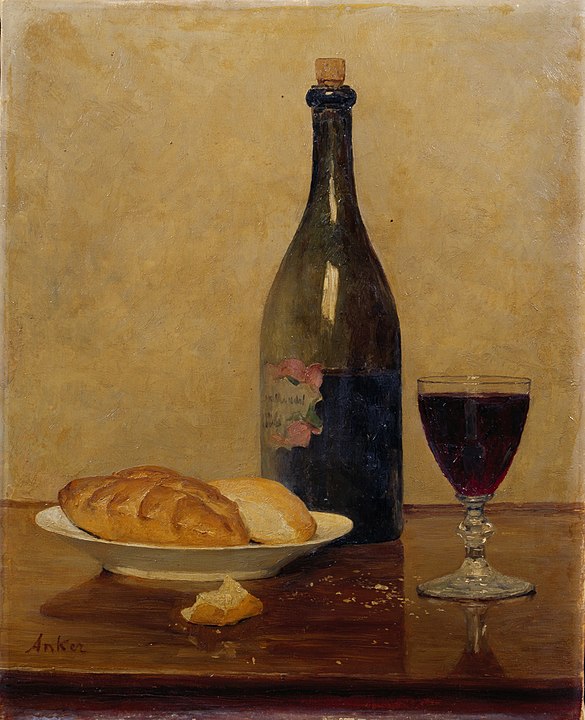poem24 Jan 2021 07:44 pm

Mary Soon Lee
At the center of all things, a fountain in a garden. Five yards from the center, beneath a willow tree, Ling Hua, Empress of China, sat cross-legged listening to the water chattering to itself in the hour after dawn, the hour of consecration. Her left knee ached. She wished for her youth, long gone; wished for a cup of green tea; wished she could sail right round the Earth's rim, to see, as the great navigators had, the line where ocean became sky. A sparrow hopped onto the stone wall of the fountain, bent down, splashed busily. Ling Hua, Empress of China, watched the sparrow while she sat beneath the tree, five yards from the center of all things (according to the astronomers' measurements), that small separation a token of her own imperfection. For the stars and the sun and the moon swept each in their perfect courses around Earth's great disc, but all who were born of women were fallible. Three hundred and eighty-two years since China proved that it centered not merely the Earth, but the Universe. Ling Hua bowed her head, promised to safeguard China from the least sparrow to the oldest man. Her knee ached as the stars spun round her.
